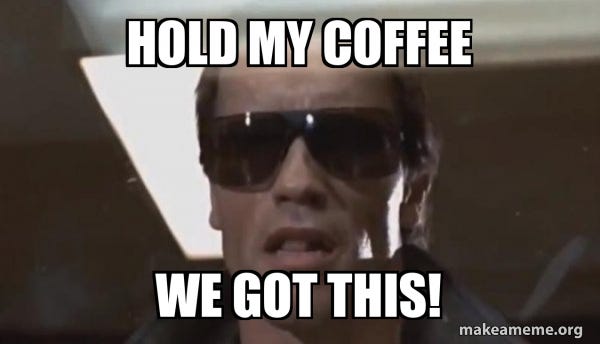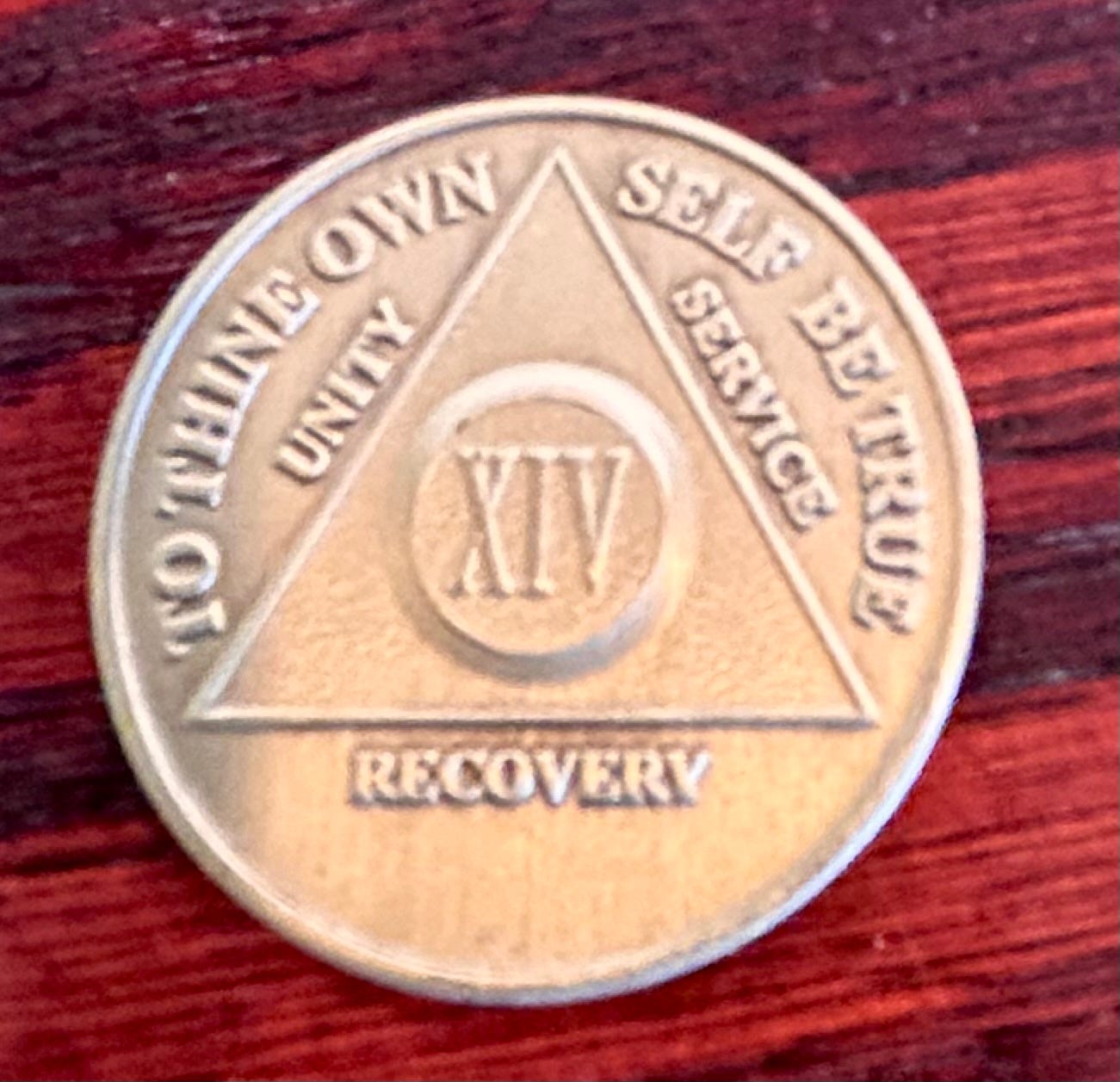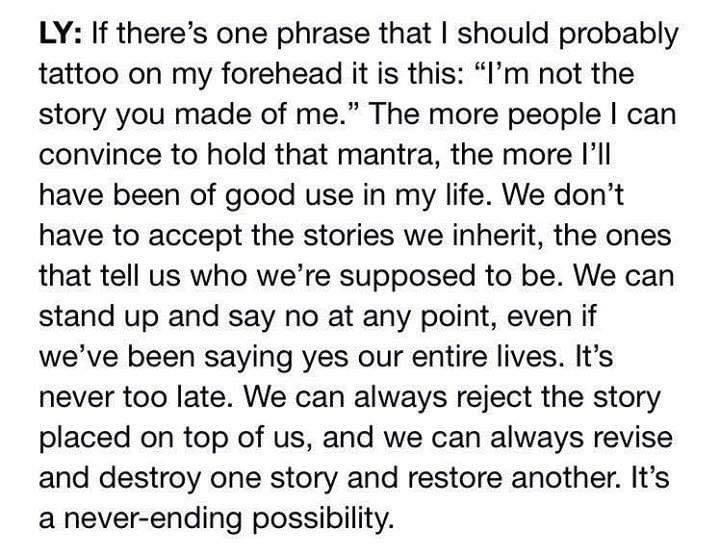Doggone it; People Like Me
Someone asked me recently, “Can you get sober out of self-love and not shame?”
Song For Myself lyrics by Kelly Music and vocals by Wayne
First, no one gets sober out of shame. At least not me! All shame did was make me drink more. You couldn’t shame me into sobriety. Or anything, actually.
If you could, I’d be the most sober person ever. In fact, I never would have become an alcoholic to begin with! (Remember, I was raised in an extreme fundamentalist cult.)
I was full of self-loathing. I drank the cult kool-aid, and no matter how strongly I rejected and rebelled against the message that I was an original and hopeless sinner, I believed I was condemned. I believed something was inherently wrong with me. Clearly, I failed to conform to the standards and expectations set out for me. Beyond that, no matter where I went, I was a misfit. I just didn’t fit in. I wasn’t normal, whatever that was.
It didn’t occur to me to question the conditioning I’d undergone from birth. It didn’t even occur to me that conditioning existed. I didn’t know anything beyond what I’d been taught by the cult, my family, and society, and - well, I’d failed miserably at conforming to those teachings no matter how hard I tried to force the square peg of me into their round holes.
So I drank.
Did I know any of this? I did not.
That’s why my answer to the person who asked that question was ya gotta start where you are. If you’re an alcoholic like me - and that’s not a prerequisite - but IF you are, self-love is a beautiful concept so far from where I started, it might as well be Mars or maybe Pluto. It was light years from my reality in 1984 when I got sober at age thirty.
Stuart Smalley - Daily Affirmations
That didn’t stop me from trying. If you’re like me, it won’t stop you either. I would do anything other than accept myself precisely for who and what I am, which, face it, was buried beneath a gazillion layers of who and what I should and ought and must be.
The bottom line? I couldn’t manufacture self-love. No matter how many affirmations I said or retreats I went to, no matter how much I meditated, no matter even that I got and stayed sober for twenty-four years and worked the steps like a motherfucker. Mostly. I could be exaggerating a little. I worked the steps like a motherfucker sometimes would be a more honest statement.
But the real kicker? In the first year of my sobriety, once I reached step twelve, I realized I had worked the steps to be perfect. After confessing this to my sponsor and hearing her response, “It doesn’t matter why you worked the steps. Just the fact that you worked them is all that matters.” Then, though I wasn’t conscious of it, I continued to work the steps to be normal.
The Big Book1 tells us, in chapter 3, More About Alcoholism:
”The delusion that we are like other people, or presently may be, has to be smashed.”
The Big Book speaks clearly about our drinking: we cannot drink like other people. It warns us how chasing the illusion that we someday can lead us to the gates of insanity or death.
After a relapse at twenty-four years sober, two years back out drinking, and now fourteen years sober again, I see the delusion that I could drink like other people was just the tip of the iceberg. Yes, on that February night when I picked up a drink after twenty-four years, I thought I could drink normally—but my greater delusion was the belief that I could become a “normal person,” whatever I imagined that to mean. That illusion has been completely shattered, leading me to the magic of self-love my querent had asked about (more below.) I’ve learned not only that I can’t drink like other people but that I can’t anything like other people. Alcohol or no alcohol, I can’t shake this skinsuit, this meatsack called Kelly.
It turns out To Thine Own Self Be True, the motto of a certain twelve-step program and printed on their coins, means to thine own self be true.
Who knew?
Who knew I’d be led to love and embrace myself fully by getting sober? Who knew I’d find out what the hell that self is, to begin with? Who knew that I was shame-based and hell-bent on getting rid of Kelly? Who knew that letting go of alcohol was only the first step to finding me? My self-loathing went very deep. I was full of shame stories. I didn’t know they were shame stories, of course. They were the stories I’d been taught about myself.
~ Lidia Yuknavitch
When I first put down the drink forty years ago, I didn’t know I had embarked on the most incredible adventure of all time, one of uncovery and discovery. When my self-image - yes, even the one I’d constructed sober and in recovery - failed me, and I entered that two-year dark night of the soul and drinking again, when I returned to the rooms and claimed my chair, when I raised my hand to admit to failing recovery - first of all I was a drunk and failed as a drunk and then I failed even at sobriety as a sober drunk - that was the real end of shame for me. I failed.
Best gift of my life.
I was done trying to get good. I was done reforming myself or building character, done becoming what the world said I should be, done living the shame stories handed to me. I was DONE.
I won a t-shirt as part of a book promotion for Gary Shteyngart’s memoir “Little Failure” about a year back from my relapse and drinking. I failed. BIGLY. I wore it proudly; I raised my hand high. I claimed my humanity.
I got it. “What part of powerlessness do I not understand?” I asked myself.
And I claimed my chair. Nobody was going to take my chair from me, even if it was burning. Find your chair. Claim it. Fuck shame.
The path to authenticity and my ability to be true to myself was linked to clearing my relationship with shame and self-loathing. Back in the rooms again, I felt the shame of relapse, especially a relapse after twenty-four years clean and sober. It could have destroyed me, but a friend suggested I create a mantra for whenever I felt shame, “Remove my shame and help me know that I am loved. I belong. I belong. I belong.”
Because we can feel belonging only if we have the courage to share our most authentic selves with people, our sense of belonging can never be greater than our level of self-acceptance. ~ Brene Brown
That friend also defined shame as “External evidence of an internal belief.” I am loved. I belong. It was my own principles I’d violated by picking up a drink after twenty-four years of recovery. The shame I felt whenever someone in a 12-step meeting said things that triggered it - things like I’d kill myself before I’d drink again, things that invalidated the work of the twenty-four years of recovery I had before, that implied if one did the steps correctly the first time one would never again drink (in reality, there is no one and done through the 12-steps; they are a practice and a way of life, a set of principles to live by, not rules to die by) - that shame might have destroyed me but for the realization - I’d utterly failed. Ironically, that was the point. What had I failed at? I had failed first at maintaining total abstinence and second at being human. I’d failed at being Kelly because I was too busy making her in some other image I imagined as normal, as healthy, as good enough, which essentially meant NOT ME, meant killing who I was to become what I believed I should be. Something was wrong with me. Or so I’d ascertained through an upbringing in a fundamentalist religious cult in a society and moral code that denied my autonomy and agency as a woman and as a human being.
Shame: external evidence of an internal belief
From the beginning, I was so much everything around me said was wrong. I’d left the cult (and God) I ran away from home. I was a single mother. I hated rules. I defied authority. I worked as one of the first women in top forty and rock and roll radio broadcasting - a man’s domain in the seventies when I broke in. I smoked and drank. I was wild, not domestic. I had ADD and was disorganized; my home and car were always cluttered. I would rather read than do the dishes, cook, or serve the table. My own father told me I was born without a soul and compared me to my paternal grandmother, who read tea leaves and was psychic - basically, I was the descendant of a witch, and I was, he said, just like her. Today, I can sum up all those tendencies that made me so different into one word: artist. I am an artist. Being an artist is about how I live. I value freedom, truth, and equality. I don’t recognize hierarchy, which is one reason the 12-step program worked and still works so well for me. While I don’t recognize hierarchy or false power, I do recognize spirit, and when I meet true power, I am the first to bow deeply.
I will never be anyone but me ever again. And yes, I am an alcoholic. A sober one, today. But I’m so much more than that. I’m an alcoholic was a shame story I told for a long, long time. Now it’s just a point of reference, a chair in which I not only sit, but own completely.
My alcoholism, my addiction, is just part of my story. I am a misfit. An outsider. An artist. A writer. That, too.
I’m a girl with a vision.
Now, whenever I think I don’t fit in and feel shame for it? Like Brene Brown says:
If I get to be me, I belong. If I have to be like you, I fit in.
And here’s a kellyism: If I try to be like you, I’ll die.
How’s that for self-love?
“I may be ugly,” Celie said in The Color Purple, “But I’m here.”
There’s a story about an atheist and a believer meeting in a garden where they debate the existence of a God. The atheist says to the believer, “If that God of yours exists, why don’t you tell Him2 to create a tree right here, right now?”
The believer says, “He just did. It’s just going to take you a long, long time to see it.”
Can you see it yet? But believing is not seeing. Being is.
Oh, and about self-love? Our mental concepts of what that is are barriers. The nature of the self is love. We seek love and esteem out of a false self built from error. Because love is a state of being, we don’t need to love ourselves; we need to BE OURSELVES. Self-love is actually not necessary because when you come to the end of the false self and start living in the now, you’ll discover:
There’s Nothing Wrong With You (And There Never Was.) ⚡️🌈⚡️
One Thing
Brown19170 on Instagram nails it. Listen
On Repeat
The song I sang to myself all through the eighties. Did it work? Haha, no, but it felt good!
Shout Outs
This one goes out to Nathalie Martinek, PhD, and her SStack Hacking Narcissism, where you’ll find a wealth of information. Dr. Martinek deconstructs shame, the Karpman drama triangle, cults, relationships, family dynamics, and more; her articles are accessible yet profound and hold up a fantastic mirror that I have found invaluable for self-reflection.
I love your comments and shares! They give me LIFE. Wayne, who debuted on TNWWY today with the song featured at the top, and I extend our heartfelt thanks to you. 🌻🫶🌻
Inc, A. a. W. S. (2013b). Alcoholics Anonymous, Fourth Edition: The official “Big Book” from Alcoholic Anonymous. A. A. World Services, Inc.
Him/Her/They/We/It/Us













I needed this one tonight, Kelly. I’ve been struggling lately and finally wrote about it for this week’s post. HP seems to be always hanging around when I need it the most. Maybe I’ll start paying attention! xoxo
Always powerful writing Kelly. Your whole and true self belong here, we see you through your writing. Hope you keep sharing your journey 💫💫
I had a rather similar breakthrough in therapy recently when I realised that my anxiety - which I used to see as something to get rid of - is actually my biggest ally. If I looked back at the times in my life when I suffered from anxiety the most, I could see that anxiety came up because I was betraying myself, steering away from my true principles. It came to rescue me. What a lesson.
Here's to our true selves!!